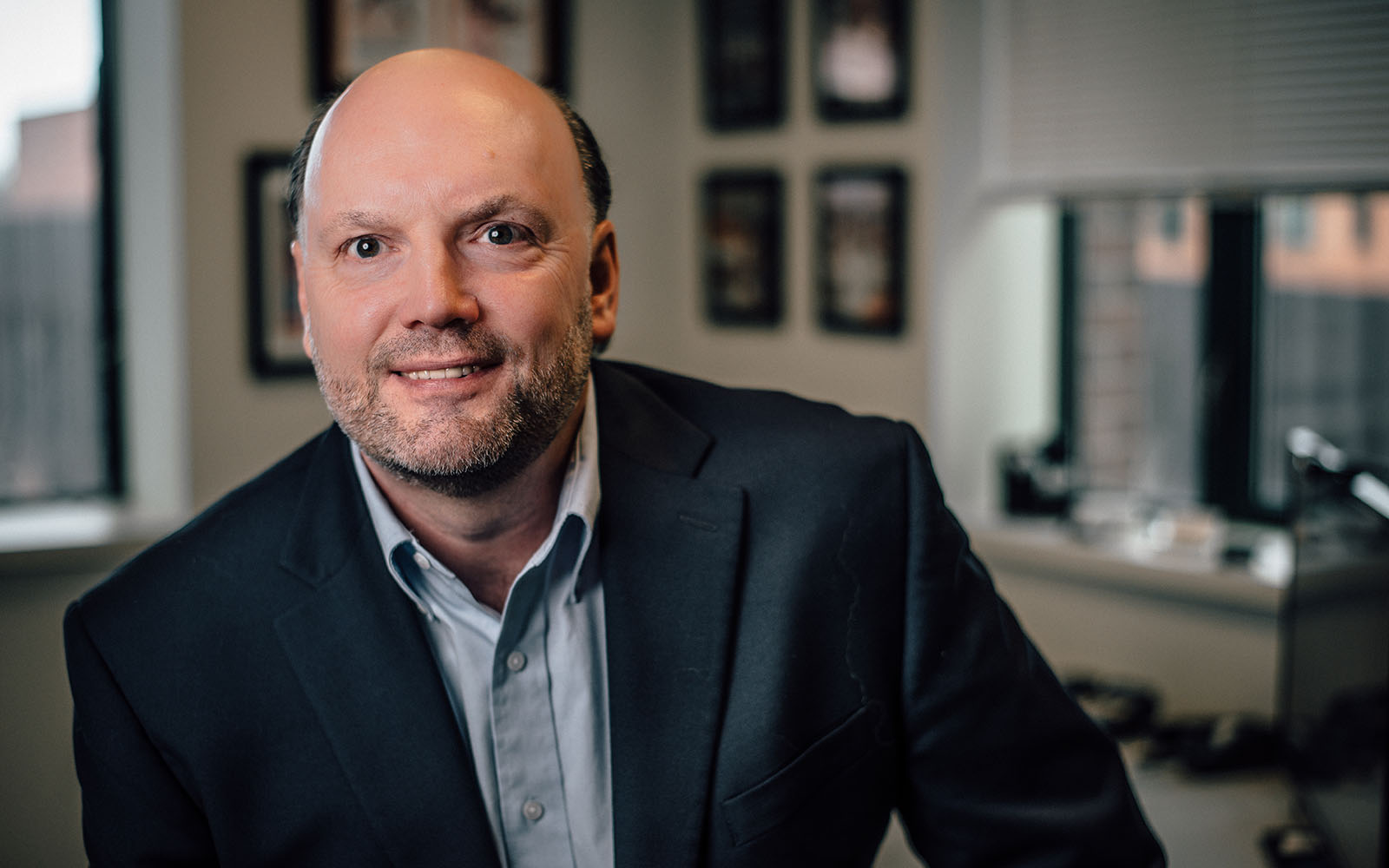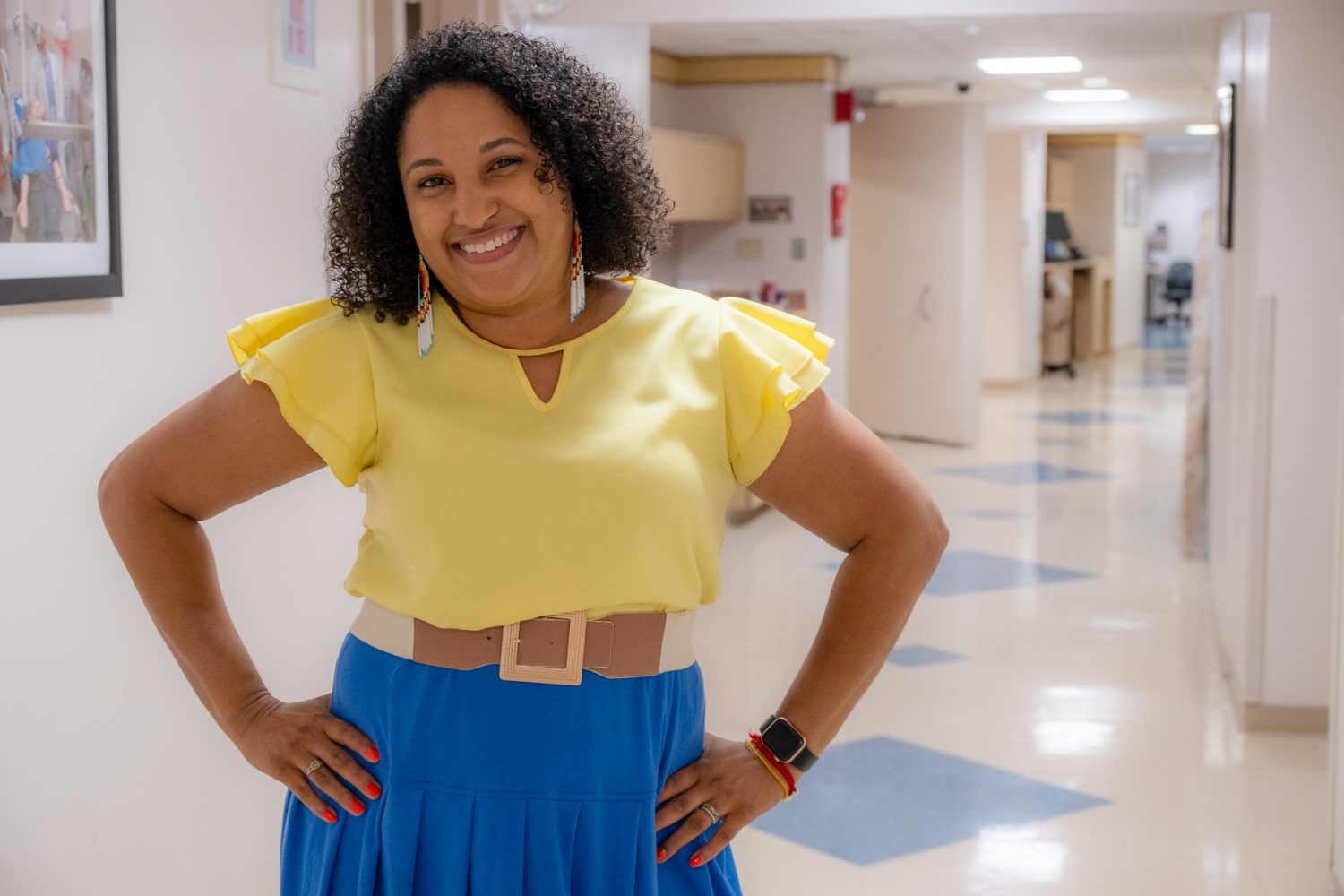Secor Water, LLC and Dura Biotech, two student-led startup businesses based on technologies developed at UConn and nurtured through UConn Engineering’s Experiential Technology Entrepreneurship course, were awarded $10,000 grants from the inaugural CTNext Entrepreneur Innovation Awards(EIA) managed by Connecticut Innovations.
 The EIA (formerly Innovation Voucher) program awards competitive grants each month to promising startup businesses across Connecticut. Twenty-five startups applied for EIA funding in February. The applications were carefully vetted by a committee of entrepreneurship professionals at Connecticut Innovations, which selected six finalists, including Secor and Dura Biotech, for the presentation portion of the competition, which was held on February 27th at the Bijou Theater in Bridgeport. Before a panel of five expert judges – comprising company CEOs, mentors, investment professionals and other entrepreneurship gurus – a representative from each of the six startups presented a five-minute oral marketing “pitch” followed by three minutes of challenging questions from the panel. All six startup finalists garnered EIA funding; Secor and Dura Biotech were the only student-led startup award recipients.
The EIA (formerly Innovation Voucher) program awards competitive grants each month to promising startup businesses across Connecticut. Twenty-five startups applied for EIA funding in February. The applications were carefully vetted by a committee of entrepreneurship professionals at Connecticut Innovations, which selected six finalists, including Secor and Dura Biotech, for the presentation portion of the competition, which was held on February 27th at the Bijou Theater in Bridgeport. Before a panel of five expert judges – comprising company CEOs, mentors, investment professionals and other entrepreneurship gurus – a representative from each of the six startups presented a five-minute oral marketing “pitch” followed by three minutes of challenging questions from the panel. All six startup finalists garnered EIA funding; Secor and Dura Biotech were the only student-led startup award recipients.
“This was the first Entrepreneur Innovation Awards event and we couldn’t have asked for a better group of companies and innovative project ideas,” says Claire Leonardi, CEO of Connecticut Innovations. “The event assembled an enthusiastic group of entrepreneurs and startups that will contribute to the positive growth of businesses in Connecticut.”
CTNext is a statewide network of entrepreneurs, mentors, service providers and others involved in helping Connecticut’s most promising startups succeed and grow. EIA grants enable startups to invest in activities such as prototyping, performance and compliance testing, IP assessment, market research, licensing and other activities that will help the young businesses succeed.
Dura Biotech, headed by mechanical engineering Ph.D. candidate Eric Sirois (B.S. Biomedical Engineering ’09), is developing the LowPro Valve, a transcatheter aortic valve (TAV) featuring a crimped size that is 40 percent smaller than any valve currently on the market or in clinical trials. The thinner leaflet is made possible by Dura Valve Leaflet Technology, a patent-pending stress-reducing leaflet design that was developed at the University of Connecticut’s Tissue Mechanics Lab. After it passes all regulatory hurdles, the LowPro Valve will enable more patients to undergo the safer trans-femoral TAV procedure. Dura Biotech, which is a UConn Technology Incubation Program (TIP) participant, was founded by former UConn associate professor Wei Sun, a world expert in heart valve mechanics.
Sirois has been refining the company’s business approach and securing bridge funding since May 2012. In early 2013, he pitched the business before an audience of entrepreneurship experts associated with the Tolland-based XcellR8 group. Sirois notes that the company will continue proof of concept activities for the LowPro Valve technology before seeking formal FDA bench testing and animal trials. Dura Biotech will apply the grant money to transition the LowPro Valve from a prototype to a product ready for animal implantation. Commenting on the award, Sirois says, “This achievement is the result of years of hard work by our design, fabrication, and testing personnel. I am so proud of our team and what they have accomplished. I am also very grateful to the TIP mentors, Mary Anne Rooke and Paul Parker, and especially to Dr. Hadi Bozorgmanesh for their steady guidance along the way.”
Secor Water CEO Matthew Cremins (B.S. Mechanical Engineering ’13), who is pursuing an M.S. degree at UConn, and CTO Yanbing Guo, a post-doctoral researcher at UConn, co-founded the company in 2013. Their product is the Secor SmartWell+, which uses an advanced filtration system to purify tap water and then add minerals, flavors, and/or carbonation to create a custom-tailored beverage. The system incorporates a QR-code reader that stores subscriber profiles. In addition to their $10,000 award, Secor Water also won the judges’ award of an additional $2,000.
Cremins says the Secor team will use the grant monies to develop and manufacture a beta prototype that will be presented to the School of Engineering within several months. He notes, “This honor would not have been possible without the hard work of our entire Secor Water team. Special thanks to David Ritter, Dillon Jones, and Tomasz Walczak, whose industriousness and passion have elevated Secor to the next level. Yanbing and I are very grateful to be working alongside these talented individuals.”
“Eric and Matthew are two great examples of the talent coming from UConn,” says Leonardi. “We’re hoping this funding helps propel them to the next level and encourages other startups to apply for funding in the future.”
Both teams emerged from the Experiential Technology Entrepreneurship I and II course taught by Professor of Practice Dr. Hadi Bozorgmanesh. Read more here and here.



